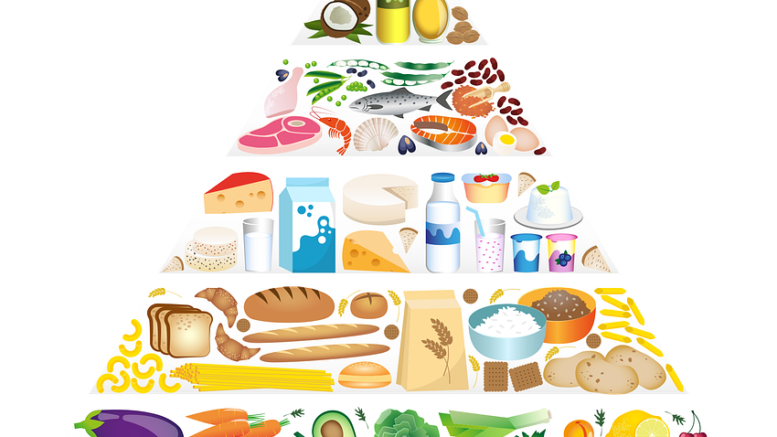Fad diets can often promise a lot of positive change but fail to give your body what it needs to function properly. No matter what type of diet you eat it is important that it is healthy and nutritionally balanced, but how do you do that?
Here is a list of the seven elements of a healthy and balanced diet to help you get your body what it needs whatever you are eating.
Dietary Fibre
Of all the components on our list, this is the one that most people do not get enough of. No matter what type of dieting you follow you need to up your fibre intake. Eating foods high in fibre helps keep a healthy bowel.
The fibre in foods is plant material that our bodies cannot digest. This helps to clear our bowels and keep them healthy. Ingredients like whole grains, bananas, beans, and seeds are all high in fibre and easily added to meals. Switching to brown pasta and rice is a straightforward way to get more dietary fibre in your diet. If you want to know more then learn exactly what is dietary fibre, and ways you can add more to your meals, then check out this guide.
Protein
The body needs protein to help grow and develop, and to repair and maintain itself. All our organs, hair, skin, and muscles are made from protein.
Meat, dairy products, vegetables, and fish are all good sources of protein. Making sure protein makes up around half of your meal is a good benchmark for a healthy diet. Your protein intake should be from a mixture of vegetables and meat or fish, or all vegetables if you are vegetarian. People who are working out regularly may want to consider adding protein shakes to their meal plans. Taking a shake to the gym with you will help your body recover from your workout with a protein kick.
Carbohydrates
Without carbs, your body lacks the fuel it needs to function. Carbohydrates play a significant role in our bodies, helping us to move and think.
You can have too much of a good thing, though. Excess carbs are stored in the body as fat. A healthy diet needs to have enough carbs to keep your body fully fuelled, but not too much. This would cause you to gain the wrong type of weight. Around a third of your plate should be carbs, or a little more if you hit the gym regularly or do a lot of exercises. Change to wholemeal bread, wholegrain pasta, and brown rice to get more complex carbohydrates in your diet.
Fats
People can be forgiven for associating fats with excessive weight, but the truth is more complicated. Different fats do different things when your body metabolizes them.

Saturated animal fats can be healthy when used sparingly. Too much saturated fat in our diets can cause heart disease, weight gain, and diabetes. Using these occasionally to cook meat and fish, or spread on toast, is a sensible way to add this type of fat to your diet. Unsaturated fats like olive oil should be your default fat choice. Olive oil is high in monounsaturated fatty acids which help to lower cholesterol and is an antioxidant with anti-inflammatory properties.
Vitamins
To function properly, the human body needs a regular supply of vitamins. You will get a lot of natural vitamins by eating fresh foods, mainly fruit and vegetables.
To get the most vitamins from your vegetables, try changing the way you cook them and for how long. Overcooked vegetables will lose their vitamin content, so try to cook them until they just begin to soften. Microwaving and steaming vegetables is much better than boiling them.
Minerals
These exist naturally in vegetables and meat, and by consuming a varied and balanced diet you should be able to get all the minerals you need.
Minerals have many different jobs in the body, like calcium helping to strengthen bones and teeth or potassium and sodium helping to balance fluid levels and relax muscles. Taking mineral supplements can help treat some medical problems, like taking extra iron if you are anaemic for instance.
Water
Our bodies can survive weeks without food, but only days without water. The human body is made up of around two-thirds water, it is crucial to our survival, and we cannot function without it.
We need water to digest food, absorb nutrients in our bodies, and regulate our temperature. Even a small amount of dehydration can cause discomfort and make it difficult to concentrate, severe dehydration can cause tingling and numbness in muscles and limbs. Adults should be drinking around eight glasses of water a day, the equivalent of two and a half litres.
Conclusion
Whether you are cutting down on carbs, going vegan, or bulking up with protein, it is important you have a balanced diet and give your body everything it needs. Hopefully, this guide will help you to maintain a balanced diet no matter what you are eating.
